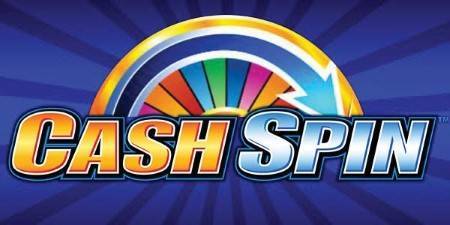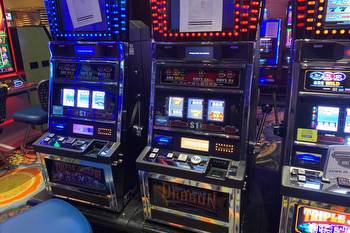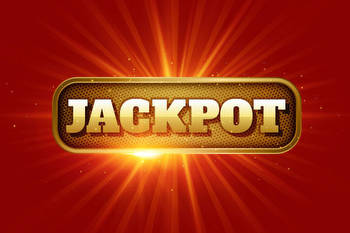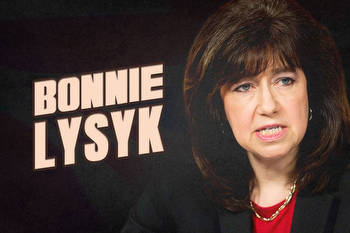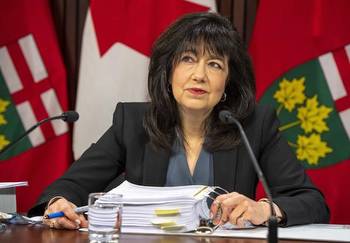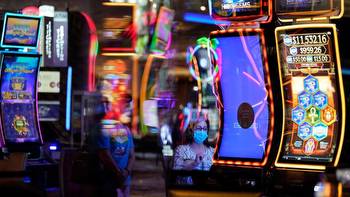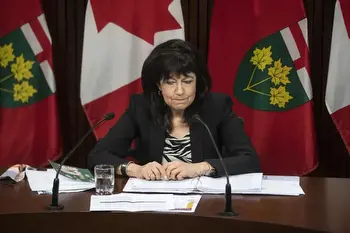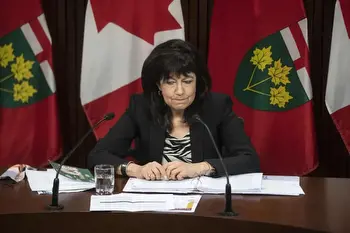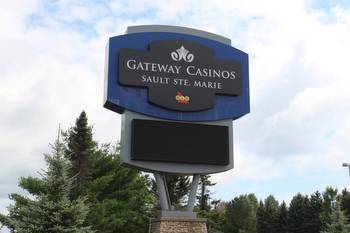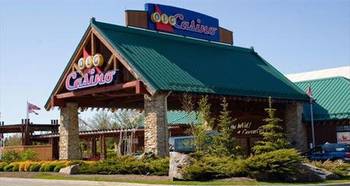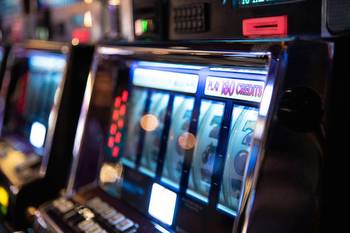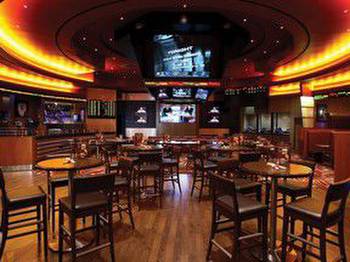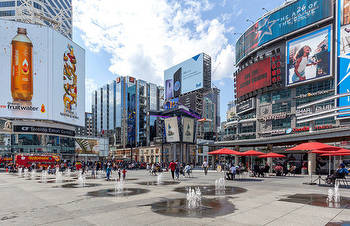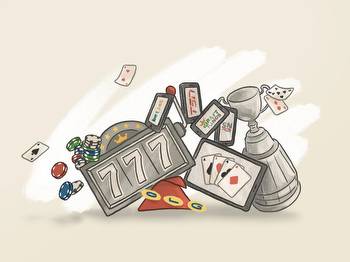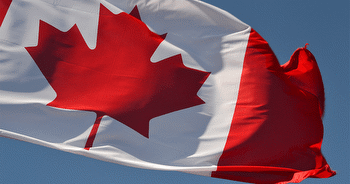AG 2022: Undercover agents 'effectively confirm' casino money laundering still works

Undercover "mystery shoppers" hired by Ontario's auditor general were able to launder money through casinos on multiple occasions.
The agents tested four casinos. At two, they were able to get clean casino cheques for between $4,900 and $10,750 "on multiple occasions, with limited play and no proof of casino winnings, effectively confirming that they could launder money," the AG's report reads.
Three other agents were caught in the act, according to a Toronto Stararticle published on Tuesday, before the report was released. The paper spoke with gambling industry insiders who were not happy about the stunt.
Money laundering through casinos is relatively simple. Someone walks in with a pile of cash from a crime, buys chips, gambles a little, then cashes the chips out for new money that can't be linked back to the crime.
The Ontario Lottery and Gaming Corp. (OLG) has a policy that casinos have to verify that cheques of $3,000 or more are being issued for winnings.
The issue might not be limited to those two casinos. The value of "suspicious transactions" was under one per cent of revenues at 19 of 27 casinos audited — and the report notes "OLG has not conducted any analysis of why these sites have few or no suspicious reports filed."
Ontario could learn a thing or two from British Columbia, auditor general Bonnie Lysyk wrote. OLG requires casinos to "take reasonable measures to assess the source of funds for all patrons for single transactions of $100,000 or more" but doesn't require players to prove where the money is coming from. That threshold is $10,000 in B.C. and requires proof.
B.C. has overhauled its anti-money laundering strategies in recent years after becoming an epicentre of dirty money. A 2018 report on the subject hailed Ontario as a gold standard in many ways. But Ontario has still struggled to stamp it out for years.
OLG letting casinos off the hook for $1B
In her report, Lysyk also found OLG deals with private casinos are costing the province up to $1 billion.
The OLG's projected revenue has dropped from $6.4 billion to $5.4 billion by 2024-25 — or $320 million per year, she found.
The drop is happening because the OLG is letting private casinos renegotiate their contract commitments for no good reason, Lysyk's report reads.
In one example, in 2019, Great Canadian got OLG to agree to a 10-year reduction in revenue share from $5.8 billion to $4 billion.
"There is no reasonable rationale for the OLG to reduce the amounts this private operator contractually committed to in 2018, one year earlier," Lysyk wrote. "Further, this contract would have gone to another casino operator if the West GTA casino operator had submitted a $4-billion revenue projection in the first place."
The OLG told Lysyk's office that not granting this and other concessions could've forced the casinos into bankruptcy. But the OLG didn't do its due diligence, failing to consider "the overall financial health of the casino operator and their parent companies," Lysyk wrote.
OLG failed to pay First Nations
The gaming corporation also failed to pay First Nations a 1.7 per cent share of non-gaming revenue as required, Lysyk wrote. The OLG didn't make these payments between 2016 and 2021. A group of First Nations sued OLG over this and won in 2020, with the judge ordering OLG to pay up.
"In our discussion with Ontario First Nations (2008) Limited Partnership, we were informed that First Nations has almost no trust in OLG, and that OLG does not treat First Nations like a stakeholder," the report reads.
Private online gaming exploding while OLG revenue slows
Lysyk also found problems with online gaming, which has recently been opened up to private operators.
The OLG's responsible online gambling tools are being used by just 11 per cent of players as of June — a drop from 33 per cent in 2017.
And while the OLG's online gaming revenue grew from $101 million between April and June to $108 million between July and September of this year, private operators' revenue jumped from $162 million to $267 million in that same time frame.
The province gets about 45 per cent of OLG's internet gambling revenue, and just 5.7 per cent of private operators' revenue, Lysyk notes.







